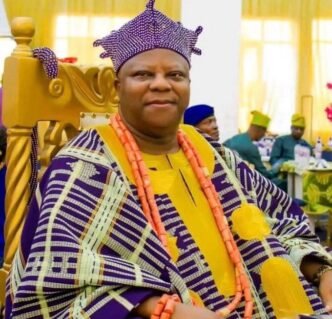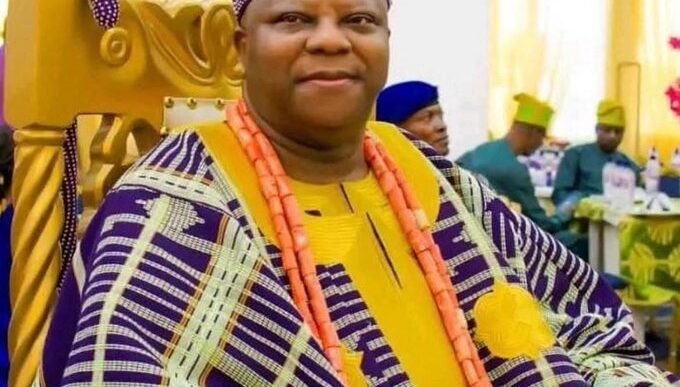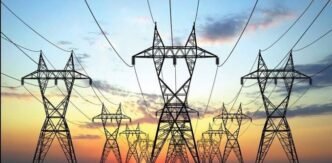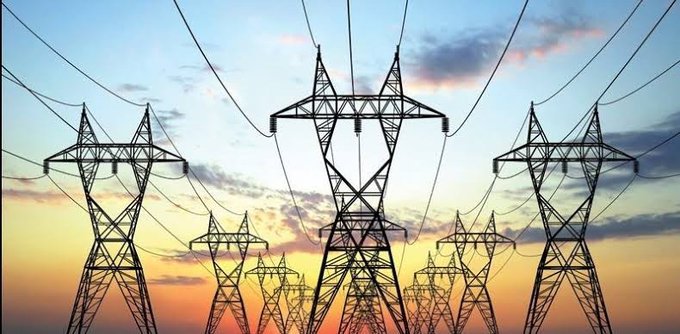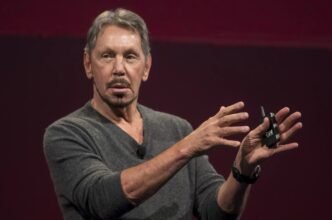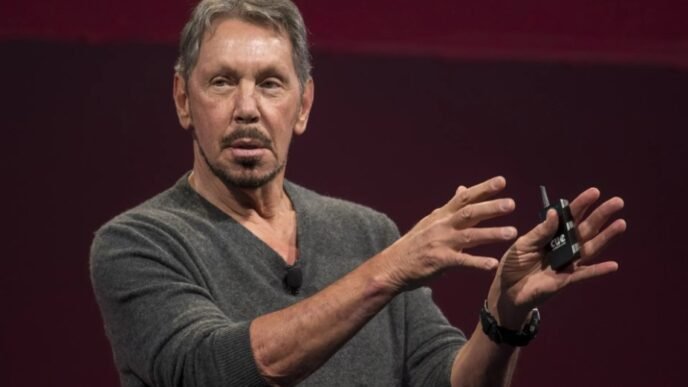Abuja, Nigeria – September 11, 2025
The Nigerian Association of Resident Doctors (NARD) is set to hold a critical National Executive Council (NEC) meeting today (Wednesday) to decide on its next course of action following the expiration of a 10-day ultimatum issued to the Federal Government.
The outcome of today’s meeting could determine whether the association will embark on yet another nationwide strike, a move that threatens to further strain Nigeria’s already fragile public healthcare system.
Ultimatum Over Unmet Demands
The resident doctors had earlier given the Federal Government and relevant health agencies a 10-day deadline to meet a list of pressing demands, failing which they warned of a total shutdown of services across federal and state tertiary hospitals.
The association is demanding:
- Immediate payment of salary arrears
- Implementation of the reviewed Consolidated Medical Salary Structure (CONMESS)
- Adequate funding of residency training
- Improved working conditions and facilities
- Provision of medical equipment and consumables
According to the doctors, many of these issues have lingered for years despite repeated promises by successive administrations. The failure to address these concerns, they argue, is contributing to the worsening brain drain in the medical profession and the deteriorating quality of healthcare delivery across the country.
Mounting Pressure on Public Health Sector
The potential strike action comes at a time when Nigeria’s healthcare system is grappling with multiple crises, including:
- Acute shortage of healthcare workers due to mass emigration of doctors
- Overcrowded public hospitals
- Insufficient medical equipment and drugs
- Frequent power outages affecting surgical and diagnostic procedures
- Delays in payment of allowances and training funds
Resident doctors form the backbone of medical services in teaching hospitals and specialist centres, where they often work long hours under challenging conditions. Their absence due to strike actions in the past has resulted in near-total paralysis of services in many public hospitals.
Health analysts warn that a fresh strike could jeopardize critical care for patients with chronic illnesses, maternal and child health emergencies, and those requiring surgery or specialist consultations.
History of Strike Actions
NARD has, in recent years, become one of the most active medical unions in Nigeria, staging repeated industrial actions over unresolved issues of welfare, funding, and working conditions.
In 2021 and 2023, prolonged strikes by resident doctors led to nationwide disruption of healthcare services, forcing patients to seek treatment in private hospitals—many of which are unaffordable for the average Nigerian.
Despite interventions from the Ministry of Labour and Employment, most of the union’s agreements with the Federal Government remain only partially implemented, fueling further distrust and agitation among medical professionals.
Government Response Awaited
As of Wednesday morning, there had been no formal response from the Federal Government regarding the doctors’ ultimatum. It remains unclear whether high-level negotiations are underway to avert a strike, although officials within the Federal Ministry of Health have previously expressed concern about the impact of industrial action on public health.
A senior official who spoke under condition of anonymity said, “We are hoping to reach a compromise, but the doctors have made it clear they will not back down unless tangible progress is made.”
What’s at Stake
The decision taken at today’s NEC meeting will have far-reaching consequences for Nigeria’s healthcare sector. A strike could:
- Halt services in over 50 major tertiary hospitals across the country
- Disrupt clinical training for medical students and house officers
- Increase the patient load on private hospitals and primary care facilities
- Lead to avoidable deaths and worsening health outcomes in vulnerable populations
Public Reactions
Reactions from Nigerians on social media reflect a mix of sympathy and frustration. While many support the doctors’ demands for better pay and conditions, others are concerned about the potential suffering of ordinary citizens if public hospitals shut down.
Health rights advocates have called on the Federal Government to act swiftly to prevent another round of service disruptions, stressing that healthcare should not be politicized or relegated to the background in national planning.
Conclusion
As the Nigerian Association of Resident Doctors meets today to deliberate on the way forward, the spotlight is once again on the government’s ability to engage meaningfully with healthcare professionals and fulfil longstanding promises.
All eyes are now on the outcome of the NEC meeting, which could determine whether Nigerians will face another round of medical service disruptions—or a breakthrough in one of the country’s most persistent labour disputes in the health sector.
This is a developing story. Updates will follow as more details emerge from the meeting.



